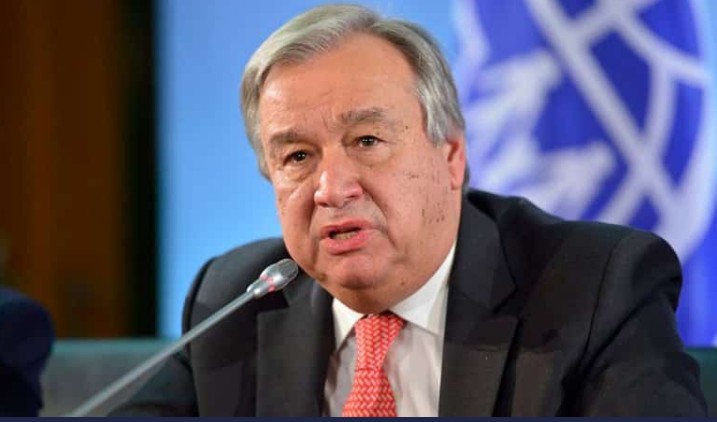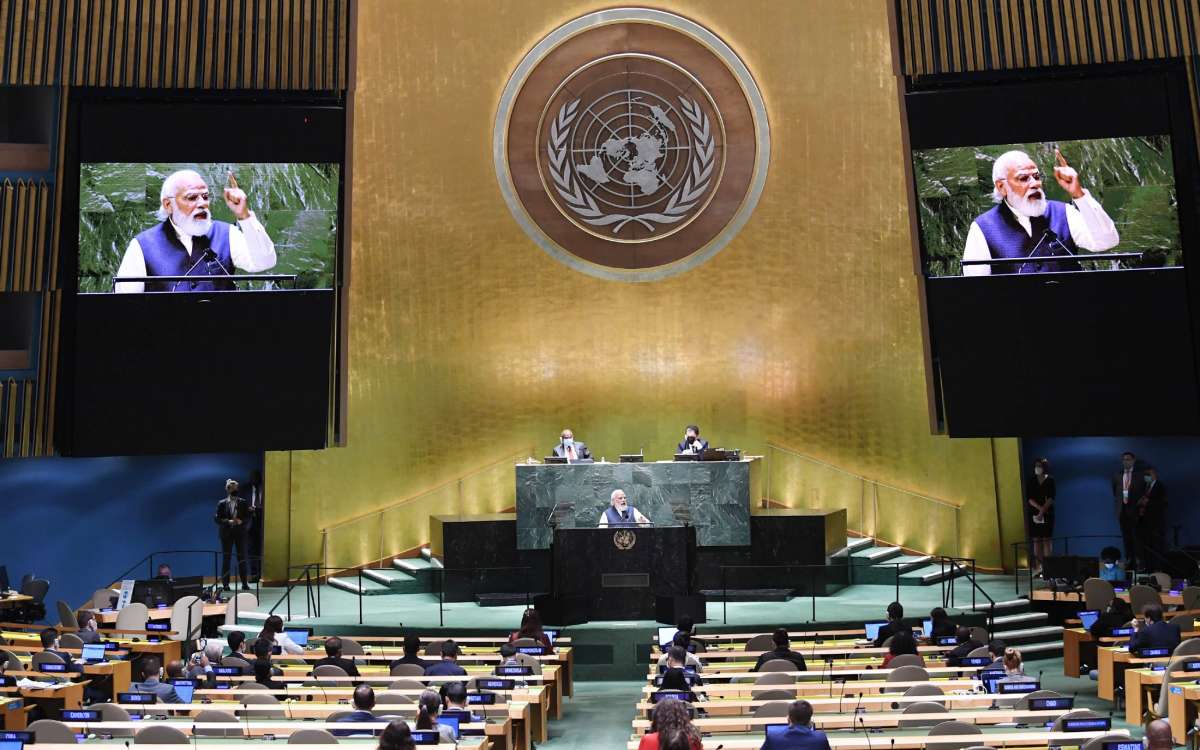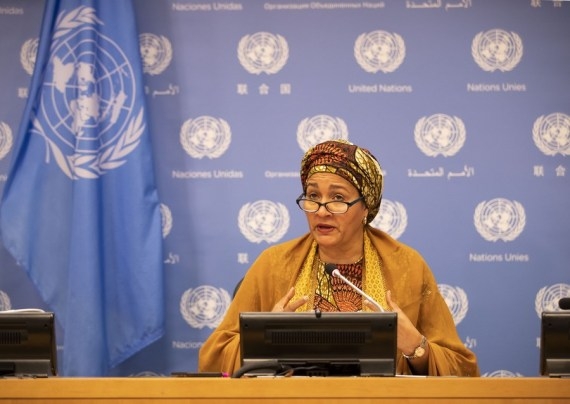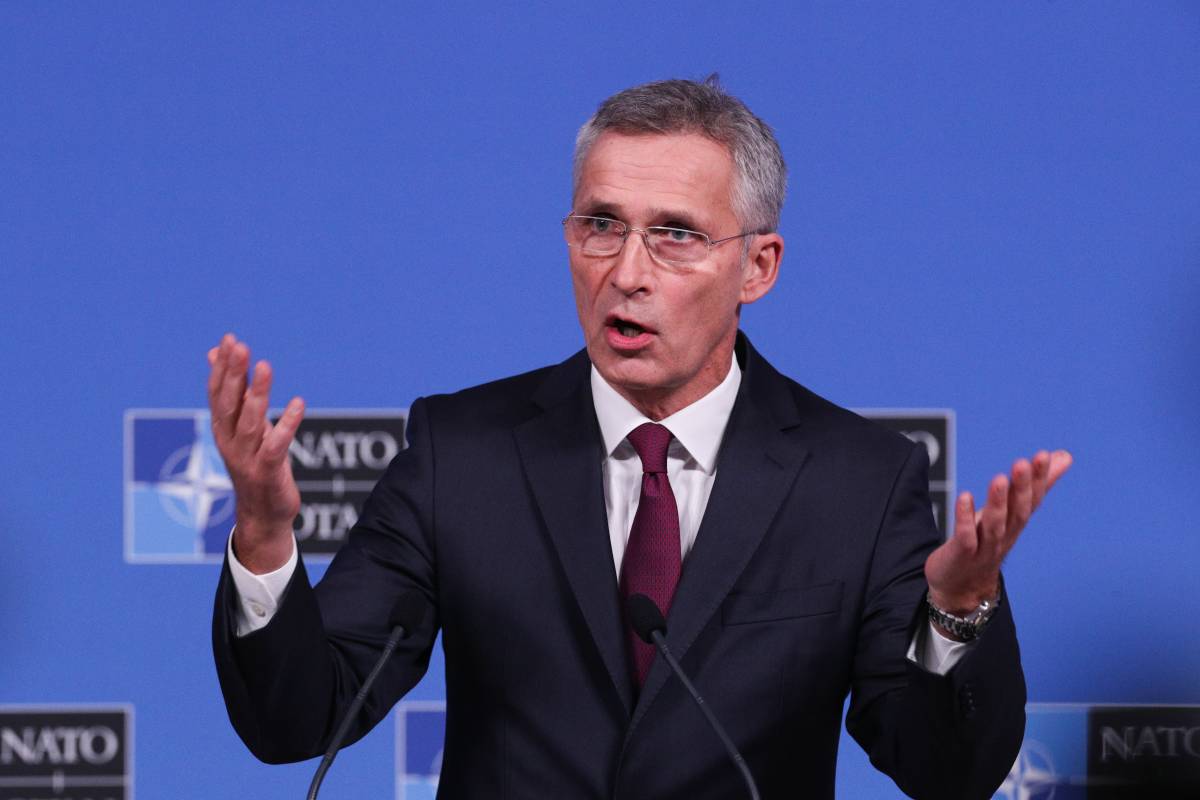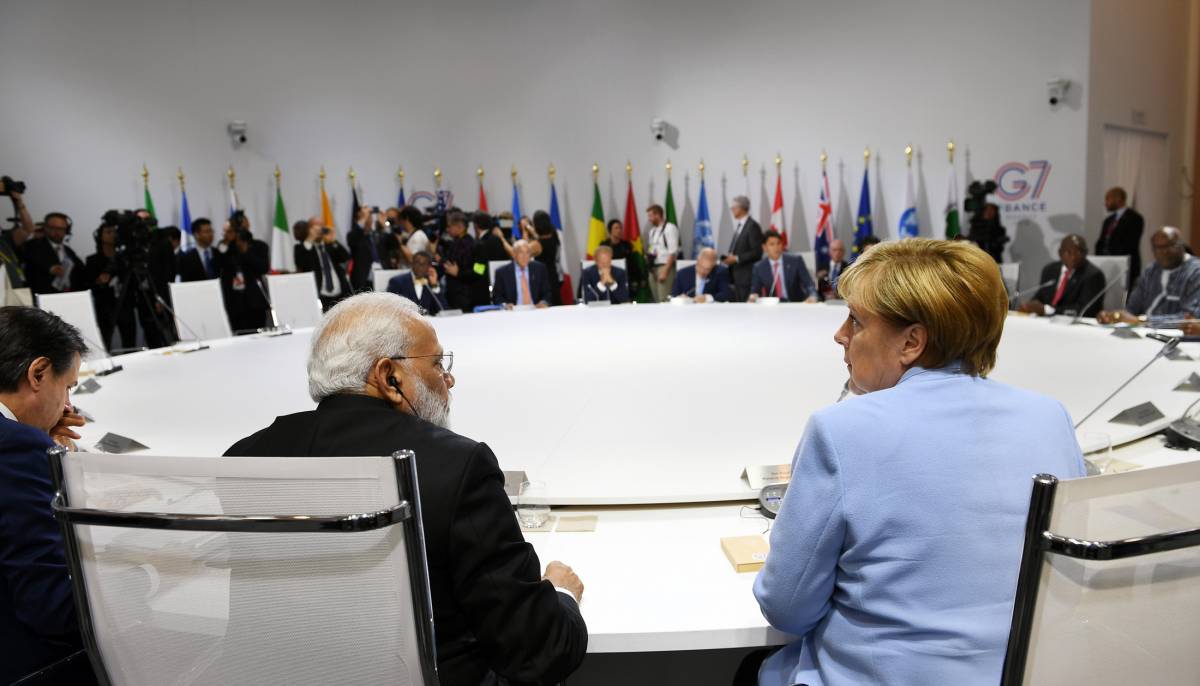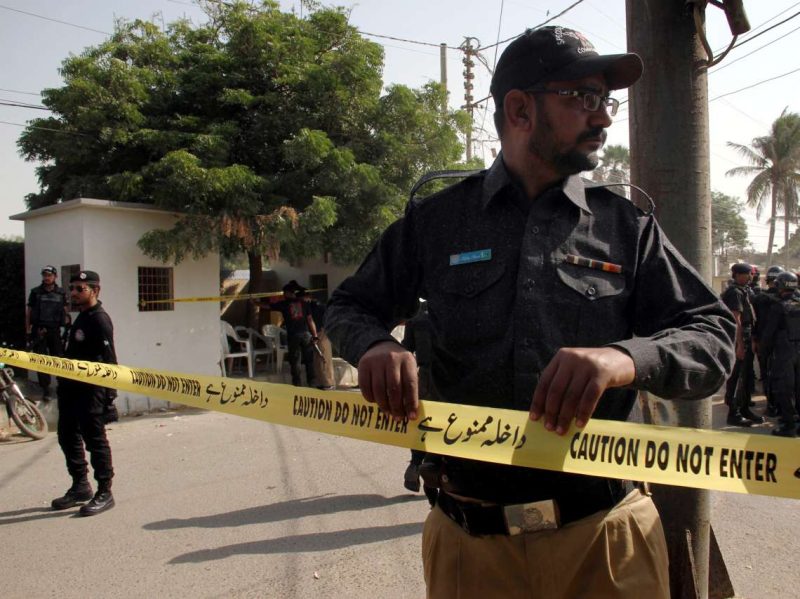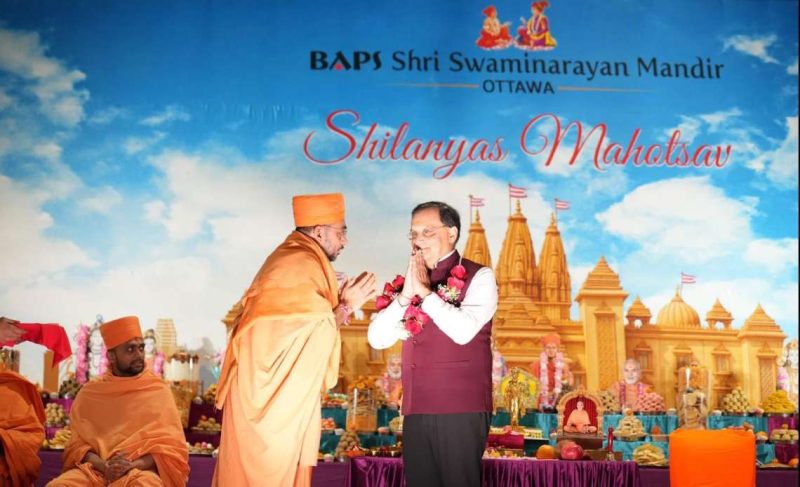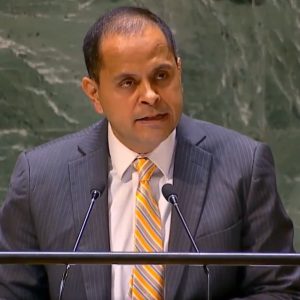The recommendation for another five-year term will now go to the 193-member General Assembly for a formal vote….reports Arul Louis
The UN Security Council on Tuesday recommended Antonio Guterres, who is running unopposed, for a second term as the Secretary General, ensuring his re-election.
“He has proven worthy of the post,” Council President Sven Jurgenson said while announcing the decision after a brief closed-door meeting of the UN body which effectively has the final say on the appointment.
The recommendation for another five-year term will now go to the 193-member General Assembly for a formal vote.
India, which is a non-permanent member of the Security Council, supports Guterres’s re-election.
After a meeting with Guterres last month, India’s External Affairs Minister S. Jaishankar tweeted that New Delhi “values” his leadership and would back his re-election.
India’s Permanent Represenative T. S. Tirumurti tweeted that “India welcomes” the Security Council resolution recommending a second term for Guterres.

Re-election of Guterres, who has not antagonised the permanent members of the Security Council, is seen only as a formality as seven of his predecessors sailed through to further terms in office.
Only Boutros Boutros Ghali, an Egyptian, did not get re-elected because of Washington’s opposition.
Guterres was able to navigate the shoals of UN polarisation that has sharpened during his term, managing even the reflexive opposition of then US President Donald Trump to the UN and China’s aggressive diplomacy.
Jurgenson, who is from Estonia, described Guterres as a “bridge-builder”.
“He’s able to speak to everybody, and I think this is something that is expected from the secretary-general,” he said.
ALSO READ: UNGA President should be a neutral entity
India’s former Permanent Representative Syed Akabaruddin tweeted: “It augurs well for diplomacy, when the world’s top diplomat is amongst the most affable too.”
Guterres’s main achievement is his leadership of the world body during the Covid-19 crisis, pleading for equitable distribution of vaccines and other resources, and promoting an agenda for post-pandemic rebuilding while fighting disinformation.

The top item on his agenda has been global warming, which he has called an existential threat to humanity.
Guterres, a former Prime Minister of Portugal and a UN High Commissioner for Refugees, was the surprise consensus candidate in 2016. It had been expected that a woman, likely from East Europe, would get the job that had been held only by men and never by a East European.
He received the essential approval of the Security Council after six straw polls in which he outlasted 12 candidates, seven of them women.
But this time he had no official rivals as the Security Council did not recognise at least seven other self-nominated candidates — including Arora Akanksha, a Canadian of Indian descent — because they did not have the backing of any member states.
The only one of them with a shred of credibility was Rosalia Arteaga, a former President of Ecuador.
Akanksha, 34, is an employee of the UN Development Programme who made a splashy campaign video pitching her youth and the need for change at a UN weighed down by a sclerotic bureaucracy.

Although she received media coverage, she could not get the support of even her country, Canada, or of India and Saudi Arabia, where she had lived earlier.
The election of the Secretary General had been an opaque process of backroom bargaining by the permanent members of the Security Council till 2016 when sunshine was let in.
The rules and procedures are not quite clear, though.
There is no definitive requirement in the UN Charter or in resolutions by the General Assembly for a candidate to be formally nominated by a member country, which probably wasn’t done in the case of many Secretaries General.
But both Jugenson and General Assembly President Volkan Bozkir have maintained that a nomination by a member state is necessary — a requirement that would prevent a stampede of self-nominated candidates demanding equal time with the officially nominated candidates at the General Assembly.



